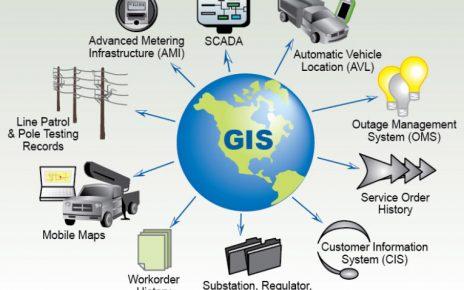Deal software and spreadsheets serve as instrumental tools for businesses in managing and tracking their deals and transactions.
Historically, many companies have favored spreadsheets for recording and managing deal information, courtesy of their straightforward grid system for manual data entry and organization.
However, with the evolution of the business landscape, the demand for more streamlined and effective deal management solutions has surged.
These solutions are tailored to meet the contemporary needs of deal management with enhanced efficiency.
Enter deal software—a modern alternative to spreadsheets specifically designed to streamline the deal-tracking process. Unlike spreadsheets, deal software offers automated features, real-time analytics, and a user-friendly interface that makes deal management a breeze.
The shift towards adopting deal software has been driven by its ability to provide a centralized platform for deal tracking, significantly reducing manual work and the possibility of errors, which are common drawbacks of using spreadsheets.
This growing preference for deal software reflects a broader trend where businesses are seeking smarter, more efficient tools to keep up with the fast-paced demands of the modern market.
Comparison between Deal Software and Spreadsheets
Functionality
Deal software has a robust set of features tailored specifically for deal management, making it a more effective tool for managing deals compared to spreadsheets.
Unlike the generic data entry and calculation platform that spreadsheets offer, deal software provides specialized tools like deal pipelines, contract management, and real-time analytics, which are often missing in spreadsheets.
Efficiency
Deal software is beneficial mainly due to its automation features, which significantly reduce the manual work needed to manage deals.
It often includes built-in tools that can handle tasks like capturing data, analyzing it, and generating reports automatically, making the deal management process smoother.
This not only saves time but also lowers the chances of mistakes, ensuring more accurate and reliable data handling.
On the contrary, using spreadsheets requires a manual approach for almost every task, from entering data and doing calculations to creating reports.
This manual work can be time-consuming and tiresome, especially with larger or more complex deals.
Additionally, the absence of automation in spreadsheets can lead to errors that might go unnoticed, which could result in incorrect data analysis and decision-making.
Accuracy
Accuracy is key in managing deals to prevent costly errors. Deal software helps in reducing mistakes by automating tasks like data entry and checking, ensuring better accuracy.
On the other hand, spreadsheets are prone to human errors, especially with large data sets or complex calculations.
The absence of built-in checks in spreadsheets can result in incorrect data, which can adversely affect decision-making and financial reporting.
Scalability
As businesses grow and deal volumes increase, scalability becomes essential.
Deal software is designed to scale with the growing needs of a business, handling an increasing number of deals and users without compromising performance.
However, spreadsheets struggle with scalability—as the data grows, so does the complexity and the likelihood of errors, making spreadsheets a less viable option for growing businesses.

Accessibility
The modern emphasis on remote work and global collaboration highlights the importance of accessibility.
Deal software, often being cloud-based, allows teams to work from anywhere, anytime, with real-time updates.
In contrast, spreadsheets, especially those saved on local machines, present restrictions in access, challenging collaboration, and remote working.
Even cloud-based spreadsheets may lack real-time collaboration features or integrations with other business tools, which are common offerings in deal software.
This comparative analysis underscores why an increasing number of businesses are gravitating towards deal software, leaving behind the manual and often cumbersome spreadsheet-based deal tracking.
Advantages of Deal Software
Deal software significantly stands out with its real-time analytics and insights, which are crucial for timely decision-making.
Unlike spreadsheets that require manual effort for data analysis, deal software automates this process, providing instant insights.
The collaboration and communication features in deal software enable a seamless workflow among team members; something spreadsheets lack.
Furthermore, the ability to integrate with other business tools like CRM systems, email platforms, and financial software makes deal software a more cohesive and efficient choice for managing deals.
Conclusion
The comparative analysis between deal software and spreadsheets brings to light the numerous advantages of deal software in terms of functionality, efficiency, accuracy, scalability, and accessibility.
It’s noteworthy that over 35% of finance and accounting departments regularly rely on spreadsheets for decision-making, showcasing a significant area that can be streamlined with deal software.
Therefore, for businesses aiming to enhance their deal management processes, transitioning to deal software is a highly recommended step.
The myriad of features offered by deal software not only streamlines deal tracking but also fosters better collaboration and integration with other essential business tools, positioning it as a smart investment for modern businesses striving to stay competitive in today’s fast-paced business environment.













